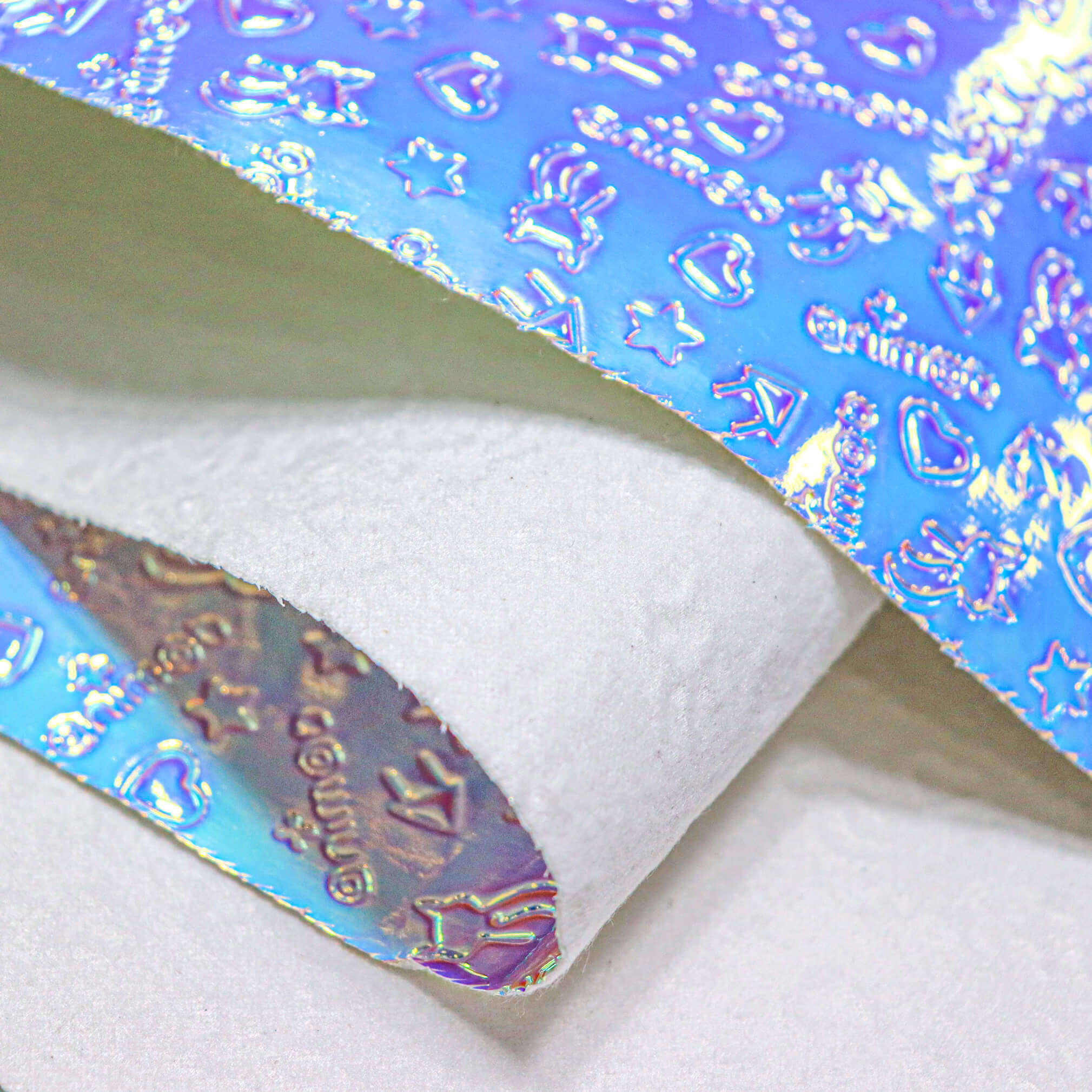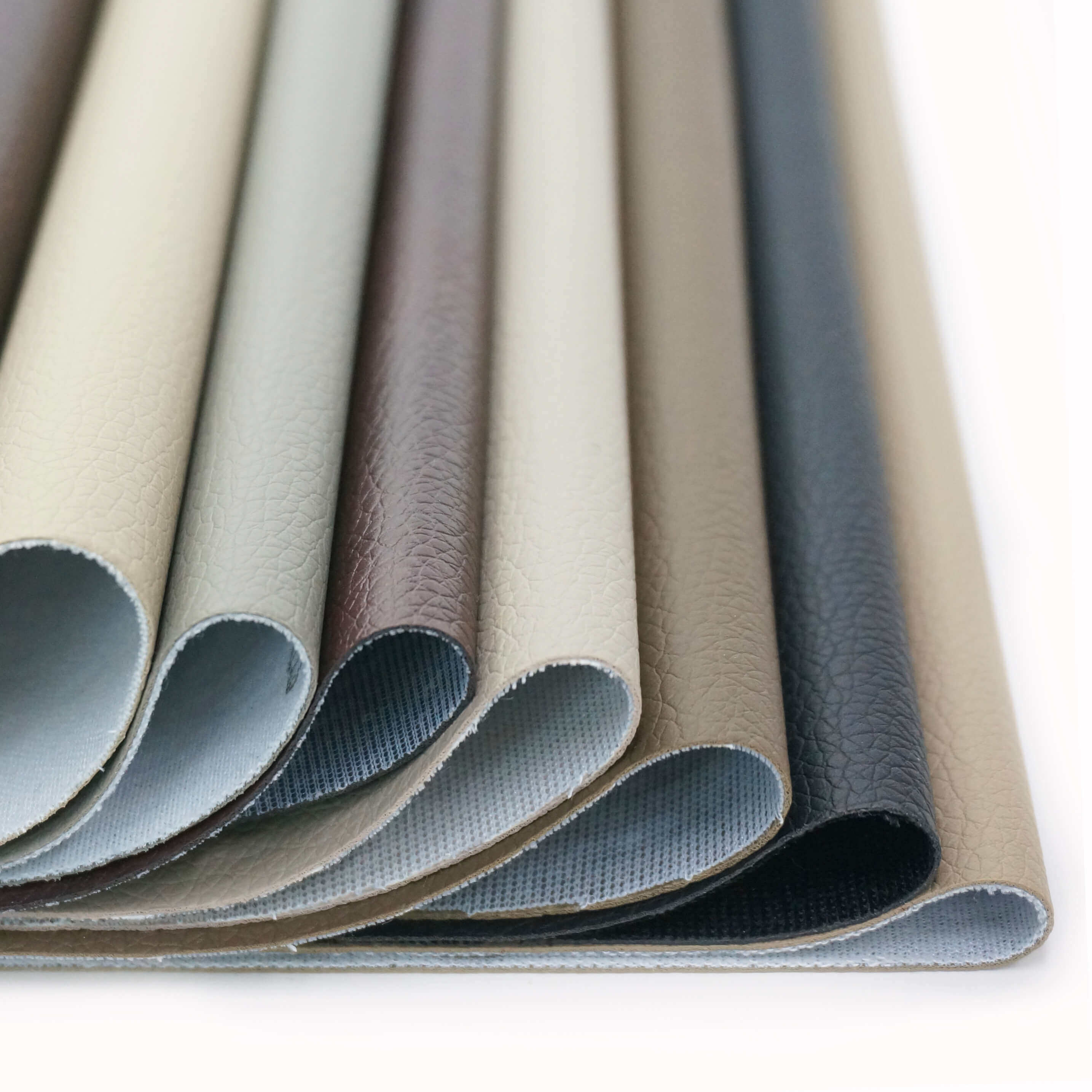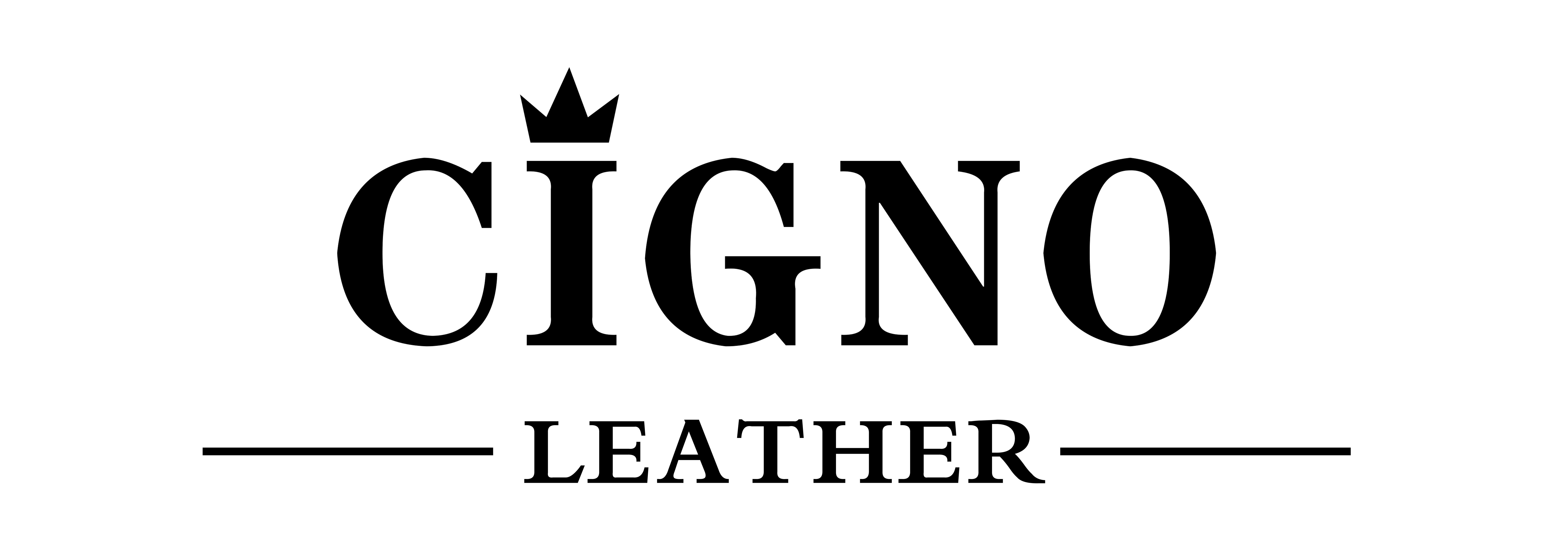Email format error
Email cannot be empty
Email already exists
6-20 characters(letters plus numbers only)
The password is inconsistent
Email format error
Email cannot be empty
Email does not exist
6-20 characters(letters plus numbers only)
The password is inconsistent

News

Leather for Leather Goods Wholesaler: A Comprehensive Guide
The leather industry has a rich history that spans thousands of years. From ancient civilizations to modern times, leather has been prized for its durability, versatility, and timeless appeal. In today's market, finding a reliable leather for leather goods wholesaler is crucial for businesses looking to produce high-quality products. This blog post aims to provide an in-depth look at the various aspects of sourcing leather, focusing on what makes a wholesaler trustworthy, the different types of leather available, and how to choose the best leather for your needs.
Understanding the Leather Market
The leather market is vast and diverse, encompassing a wide range of products from luxury handbags to everyday accessories. To navigate this complex market, it is essential to understand the different types of leather available and their specific uses. Wholesalers play a vital role in this ecosystem by providing manufacturers with the raw materials needed to create their products.
Types of Leather for Leather Goods
When it comes to leather goods, the choice of leather can significantly impact the quality and appeal of the final product. Here are some of the most common types of leather used in the industry:
Full-Grain Leather
Full-grain leather is considered the highest quality of leather available. It is made from the top layer of the hide and retains all of the natural grain. This type of leather is highly durable and develops a beautiful patina over time, making it a popular choice for luxury goods.
Top-Grain Leather
Top-grain leather is the second-highest quality leather. It is also made from the top layer of the hide but has been sanded and buffed to remove imperfections. This process gives it a more uniform appearance while still maintaining much of its durability.
Genuine Leather
Genuine leather is made from the lower layers of the hide and is often split from the top layer. It is less durable and less expensive than full-grain or top-grain leather, making it a more affordable option for many consumers.
Bonded Leather
Bonded leather is made from leftover scraps of leather that are bonded together using adhesives. It is the least durable type of leather but is also the most affordable.
Cowhide Leather vs. Microfiber Leather
When selecting leather for leather goods, it is essential to consider the specific needs of your product. Cowhide leather and microfiber leather are two popular options, each with its own set of advantages and disadvantages.
Cowhide Leather is known for its durability and natural look. It is an excellent choice for products that require strength and longevity, such as belts, shoes, and bags. On the other hand, Microfiber Leather is a synthetic alternative that offers a similar look and feel to genuine leather but is more affordable and easier to maintain. It is ideal for products where cost and ease of care are significant considerations.
Choosing a Leather for Leather Goods Wholesaler
Selecting the right wholesaler is crucial for ensuring the quality and consistency of your leather goods. Here are some factors to consider when choosing a leather for leather goods wholesaler:
Quality and Consistency
The quality of the leather provided by the wholesaler should be consistent across all orders. Look for wholesalers who offer detailed information about their sourcing and production processes, as this can give you insight into the quality of their products.
Range of Products
A good wholesaler should offer a wide range of leather types and finishes to meet the diverse needs of your business. This includes different grades, colors, and textures of leather.
Pricing and Minimum Order Quantities
Pricing is always a critical factor in any business decision. Ensure that the wholesaler's prices are competitive and that their minimum order quantities align with your production needs.
Customer Service and Support
Excellent customer service can make a significant difference in your experience with a wholesaler. Look for suppliers who are responsive, knowledgeable, and willing to provide support when needed.
The Benefits of Working with a Reliable Wholesaler
Working with a reliable leather for leather goods wholesaler can offer numerous benefits for your business. These include access to high-quality materials, competitive pricing, and consistent supply. Additionally, a good wholesaler can provide valuable industry insights and support, helping you to stay ahead of market trends and meet the evolving needs of your customers.
Sustainability and Ethical Sourcing
As consumers become more conscious of the environmental and ethical implications of their purchases, sustainability has become a critical consideration in the leather industry. When choosing a leather for leather goods wholesaler, it is essential to consider their commitment to sustainable and ethical sourcing practices. Look for wholesalers who prioritize environmentally friendly production methods and fair labor practices.
Trends in the Leather Goods Industry
The leather goods industry is continuously evolving, with new trends emerging regularly. Staying informed about these trends can help you to make better decisions about the types of leather and designs to incorporate into your products. Some current trends in the industry include:
Eco-Friendly Leather
Eco-friendly leather, also known as vegetable-tanned leather, is gaining popularity due to its environmentally sustainable production process. This type of leather is tanned using natural tannins found in plants, making it a more eco-conscious choice compared to traditional tanning methods.
Customization and Personalization
Consumers are increasingly looking for unique, personalized products. Offering customization options, such as monogramming or bespoke designs, can set your leather goods apart from the competition.
Minimalist Designs
Minimalist designs, characterized by clean lines and simple aesthetics, are becoming more popular in the leather goods market. This trend reflects a broader shift towards timeless, versatile products that can be used in various contexts.
Conclusion
In conclusion, finding the right leather for leather goods wholesaler is crucial for producing high-quality products that meet the needs of your customers. By understanding the different types of leather available, considering factors such as quality, pricing, and sustainability, and staying informed about industry trends, you can make informed decisions that will benefit your business in the long run. Remember, the key to success in the leather goods industry lies in the quality of your materials and the reliability of your suppliers. Choose wisely, and your products will reflect the excellence and craftsmanship that your customers expect.

